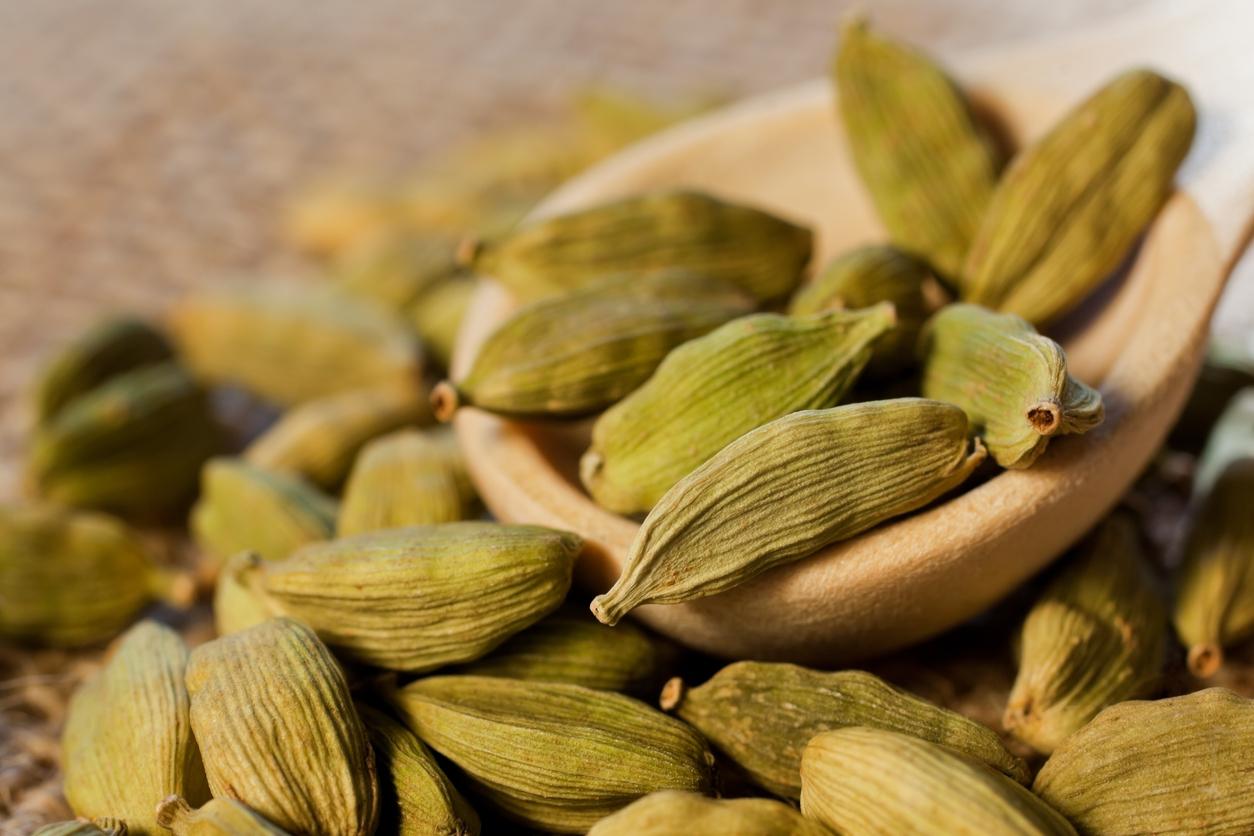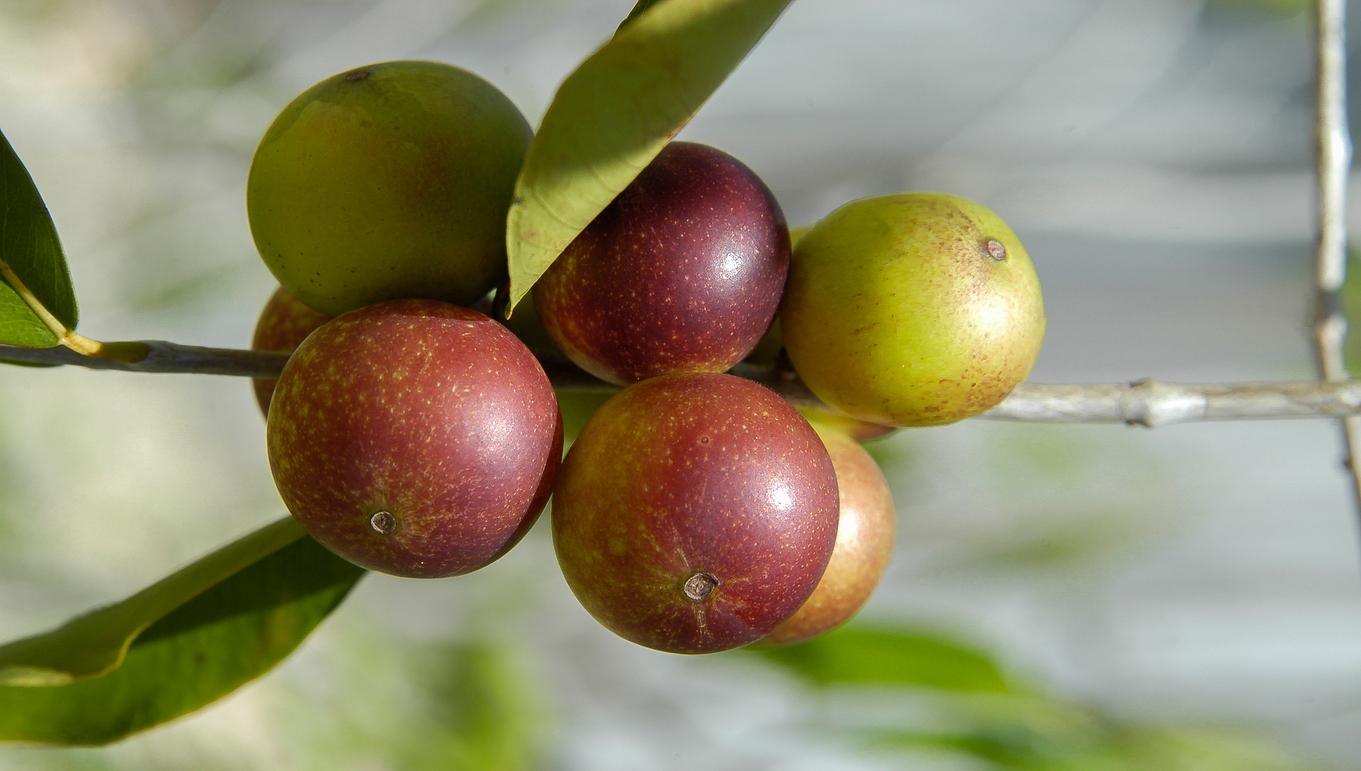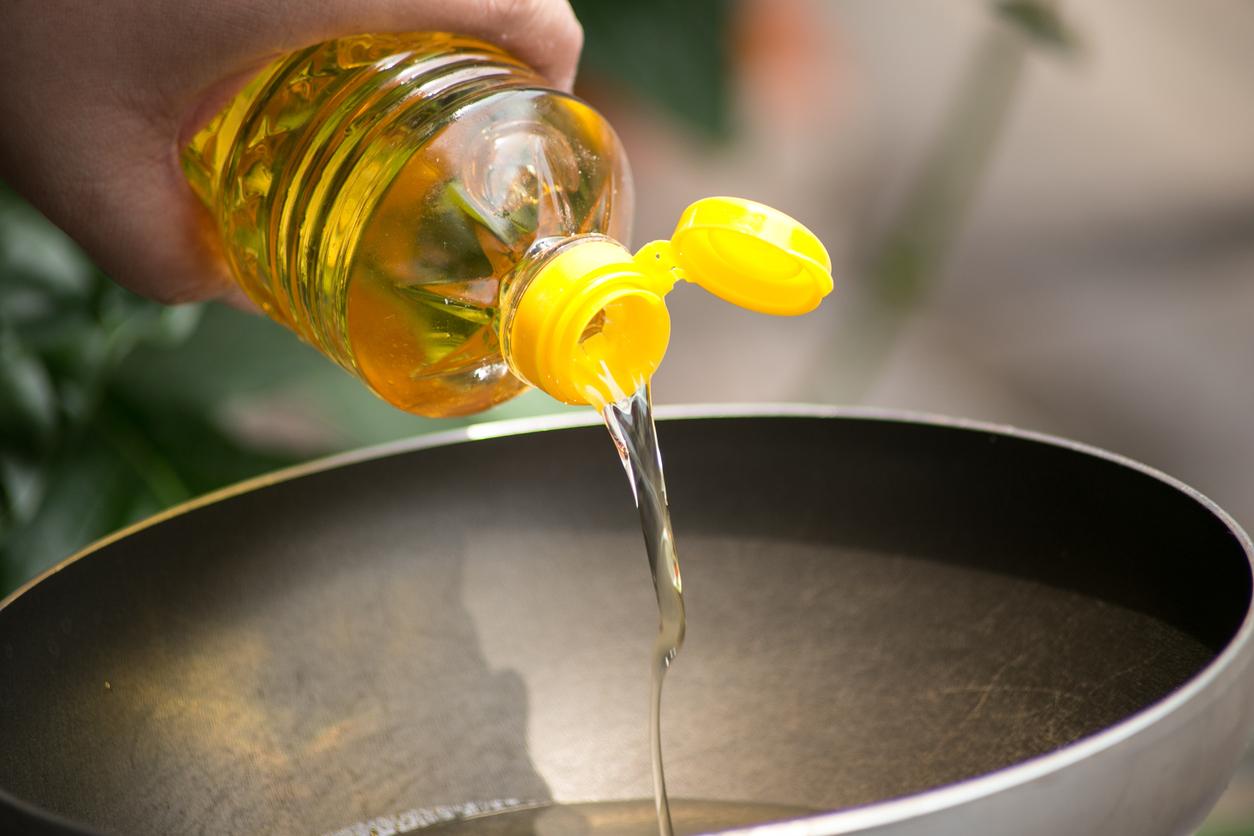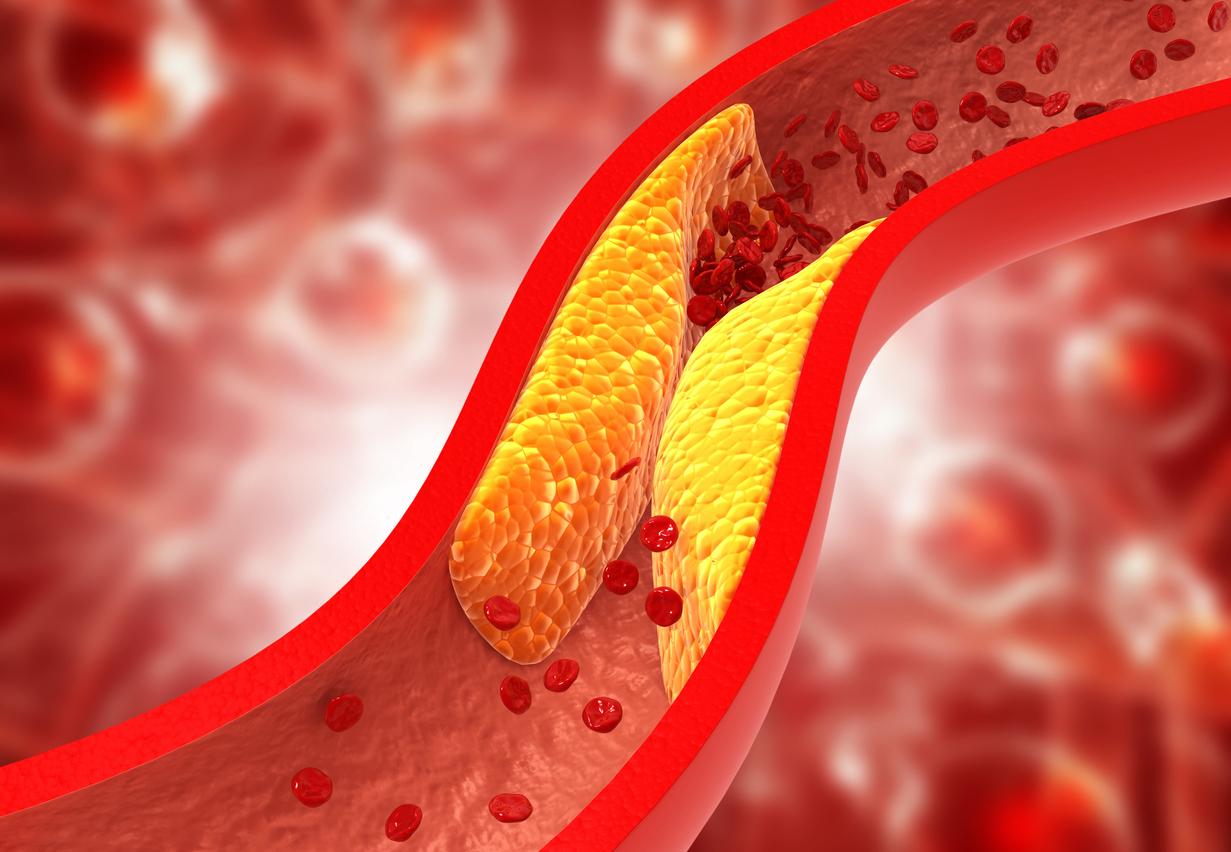A new study reveals that cardamom has many health benefits, including helping to increase appetite, burn fat and reduce inflammation.

- Consuming cardamom has several health benefits, according to a new study.
- The spice promotes increased appetite as well as fat loss and reduced inflammation in the body.
- However, people with heart problems should not consume it in excess.
If you want to boost your appetite while reducing your risk of inflammation or your fat mass, eat spicy dishes with cardamom, a new study from Texas A&M Agrilife ensures that the spice is a superfood acting on satiety and metabolism.
Cardamom burns calories and maintains body weight
To reach this conclusion, the researchers conducted tests with 32 mice, divided into 4 groups. Each group received a diet containing different doses of cardamom seeds (none, 3%, 6% or 12% power).
“What we found is that this little spice can burn calories and maintain body weight while increasing appetite and food consumption”explains in a communicated Luis Cisneros-Zevallosprofessor of horticulture and food science at Texas A&M Agrilife and principal investigator of the study.
Cardamom: the “superfood” also helps fight inflammation
Work has shown cardamom to modulate neural circuits that regulate lipolysis (fat breakdown) adipose tissue and mitochondrial oxidative metabolism in liver and skeletal muscle. This could explain the observed effects on appetite and fat. But these are not its only benefits.
DPrevious trials had shown that the spice has anti-inflammatory properties. The Texas facility’s study confirmed that the food helps reduce low-grade inflammation that leads to chronic inflammation and the development of various diseases.
Spicy : there cardamom dose recommended by researchers
In this trial presented in the journal International Journal of Molecular Sciencesscientists have determined the daily amount needed to benefit from the beneficial effects of cardamom: 77 milligrams of bioactives. This dose can be obtained by consuming at least 8 to 10 cardamom pods daily. For the Pr Cisneros-Zevallosthe plant would be particularly interesting for athletes wishing to boost their performance or for convalescent people who need to increase their appetite.
However be careful! The spice that contains many minerals and trace elements (calcium, magnesium, potassium, phosphorus, iron, zinc) as well as vitamins B2 and B6)is not recommended for people with heart problems. Consumed in excess, it is likely, in fact, to cause an increase in the blood concentration in creatine phosphokinase (CPK).

















